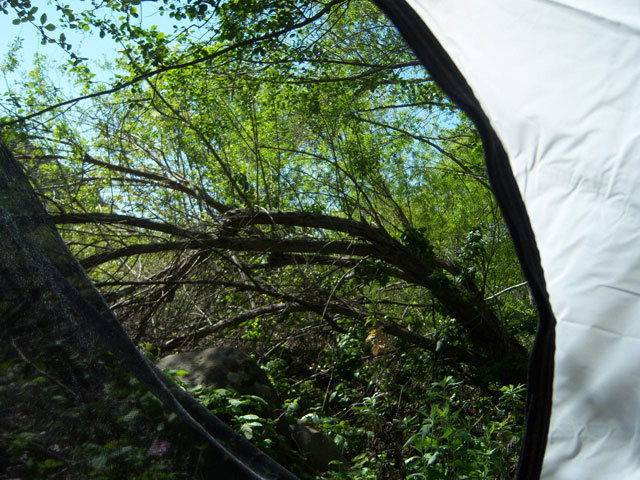Page added on July 24, 2010
E.P.A. Considers Risks of Gas Extraction
ANONSBURG, Pa. — The streams of people came to the public meeting here armed with stories of yellowed and foul-smelling well water, deformed livestock, poisoned fish and itchy skin. One resident invoked the 1968 zombie thriller “Night of the Living Dead,” which, as it happens, was filmed just an hour away from this southwestern corner of Pennsylvania.
The culprit, these people argued, was hydraulic fracturing, a method of extracting natural gas that involves blasting underground rock with a cocktail of water, sand and chemicals.
Gas companies countered that the horror stories described in Pennsylvania and at other meetings held recently in Texas and Colorado are either fictions or not the companies’ fault. More regulation, the industry warned, would kill jobs and stifle production of gas, which the companies consider a clean-burning fuel the nation desperately needs.
Just as the Gulf of Mexico is the battleground for the future of offshore oil drilling, Pennsylvania is at the center of the battle over hydraulic fracturing, or fracking, which promises to open up huge swaths of land for natural gas extraction, but whose environmental risks are still uncertain. Natural gas accounts for roughly a quarter of all energy used in the United States, and that fraction is expected to grow as the nation weans itself from dirtier sources like coal and oil.
The Environmental Protection Agency has been on a listening tour, soliciting advice from all sides on how to shape a forthcoming $1.9 million study of hydraulic fracturing’s effect on groundwater.
With the steep environmental costs of fossil fuel extraction apparent on beaches from Texas to Florida — and revelations that industry shortcuts and regulatory negligence may have contributed to the BP catastrophe in the gulf — gas prospectors are finding a cold reception for their assertions that their drilling practices are safe.
“The industry has argued there are no documented cases of hydraulic fracturing contaminating groundwater,” said Dencil Backus, a resident of nearby Mt. Pleasant Township, at Thursday night’s hearing. “Our experience in southwestern Pennsylvania suggests that this cannot possibly be true.”
Matt Pitzarella, a spokesman for Range Resources, a Texas-based natural gas producer, acknowledged that the gulf spill had increased public concern about any sort of drilling activity. “However, when people can review the facts, void of the strong emotions the gulf elicits, they can see the stark contrast between high-risk, deep offshore oil drilling and much safer, much lower risk onshore natural gas development,” he said by e-mail.
In this part of the country, the potentially enormous natural gas play of the Marcellus Shale has many residents lining up to lease their land to gas prospectors. Estimates vary on the precise size of the Marcellus Shale, which stretches from West Virginia across much of Pennsylvania and eastern Ohio and into the Southern Tier of New York. But by any estimate, the gas deposit is huge — perhaps as much as 500 trillion cubic feet. (New York State uses a little over 1.1 trillion cubic feet of natural gas each year.)
An industry-financed study published this week suggested that as much as $6 billion in government revenue and up to 280,000 jobs could be at stake in the Marcellus Shale region.
Fracking has been around for decades, and it is an increasingly prominent tool in the effort to unlock previously unreachable gas reserves. The oil and gas industry estimates that 90 percent of the more than 450,000 operating gas wells in the United States rely on hydraulic fracturing.
Roughly 99.5 percent of the fluids typically used in fracking, the industry says, are just water and sand, with trace amounts of chemical thickeners, lubricants and other compounds added to help the process along. The cocktail is injected thousands of feet below the water table and, the industry argues, can’t possibly be responsible for growing complaints of spoiled streams and wells. But critics say that the relationship between fracking fluids and groundwater contamination has never been thoroughly studied — and that proving a link has been made more difficult by oil and gas companies that have jealously guarded as trade secrets the exact chemical ingredients used at each well.
Several other concerns linger over fracking, as well as other aspects of gas drilling — including the design and integrity of well casings and the transport and potential spilling of chemicals and the millions of gallons of water required for just one fracking job.


Leave a Reply